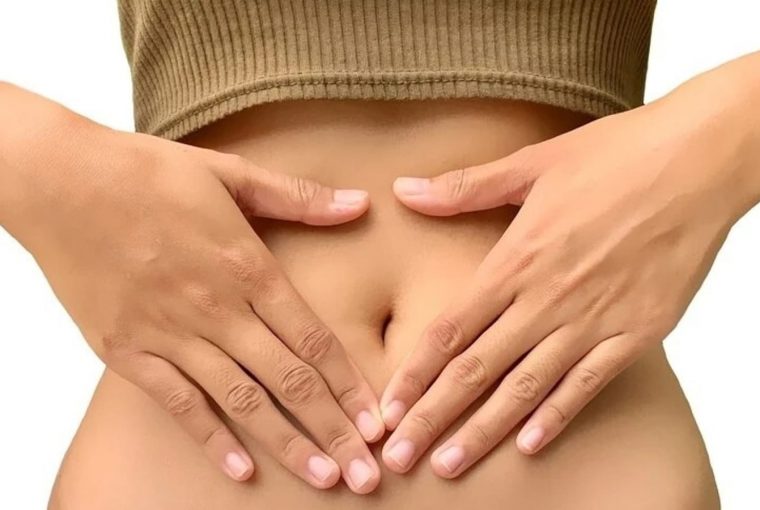You’ve heard of probiotics and prebiotics. Now researchers are looking at postbiotics: beneficial bioactive compounds that may play a role to improve your gut health by preventing inflammation and supporting the immune system, studies find.
Eating the right foods can help create postbiotics and boost your wellness. “More and more, we’re understanding the importance of our diet for promoting a healthy lifestyle,” says Laura Frado, M.D., a gastroenterologist in New York. “We can’t control our genetic risk factors, but healthy eating choices can give us a leg up.” Here’s everything you need to know about postbiotics — and how to tap their power.
What Are Postbiotics?
Postbiotics are active players in your microbiome, which lives within the gut and is made up of trillions of different microorganisms, says Dr. Frado. “We’re just starting to understand the relationship between our microbiome and our health, but we do know that a healthy and diverse microbiome has been linked to less depression, GI illnesses, and autoimmune conditions,” she says. (BTW, your microbiome can also impact your mood.)
To keep your microbiome flourishing, you need to feed the beneficial bugs, or probiotics, that live within it. That’s where prebiotics come in: Found in foods like bananas, onions, and garlic, prebiotics fuel probiotics, which produce postbiotics. This triad helps keep your system functioning smoothly.
But postbiotics are a little tricky to understand. Essentially, “they are the by-products of probiotics and can include compounds like short-chain fatty acids [which are beneficial to your health and immunity] and enzymes,” says Marisa Moore, R.D.N., a culinary and integrative dietitian. “Postbiotics have the potential to influence our nervous system, immune response, metabolism, microbiome, and improve your gut health,” adds Kris Sollid, R.D.N., of the International Food Information Council.
Scientists don’t understand exactly how postbiotics work, but “they may contribute to keeping the lining of the gut healthy, which decreases inflammation in the body,” says Dr. Frado. Inflammation has been linked to a host of diseases, including diabetes and heart disease, so keeping it under control is crucial.
How to Get a Postbiotic-Boost
The No. 1 rule: “Eat a diverse diet, preferably plant-based, that’s high in fiber and fermented foods,” says Dr. Frado. Fill your meals with foods that are rich in prebiotics, like artichokes, asparagus, and tomatoes, says Sollid. Load up on fiber from fruits, like raspberries and blueberries, and whole grains. And be sure to eat fermented foods that contain probiotics like yogurt, pickled vegetables, and kimchi.
Consistency is key. “While everyone has a unique microbiome, they share the ability to respond quickly to normal changes to our diet,” says Sollid. “Healthy foods need to be continually fed to your gut so that you get all the benefits they offer.”




